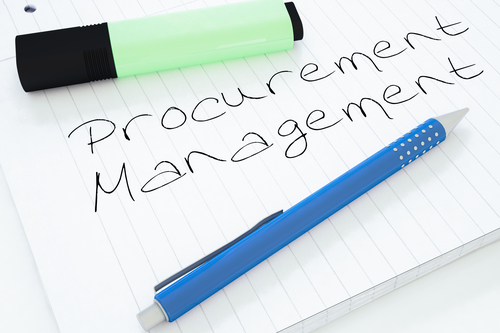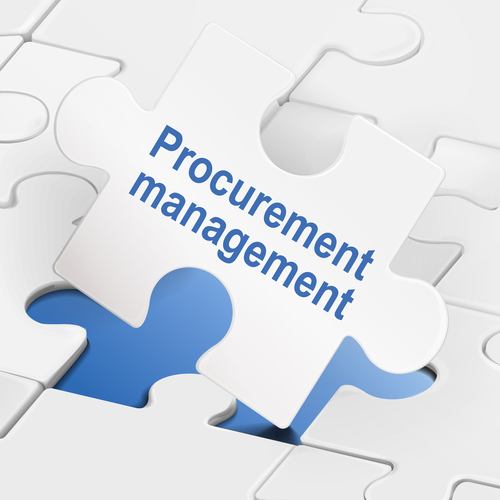Cloud procurement could easily usurp the dominance of conventional procurement practices over the course of two to five years. Businesses all across the globe have taken to cloud computing for a number of departments and it was only natural and inevitable for cloud procurement to gain prominence.
If the smartphone was not an intriguing enough device, the millions of apps have made it more enticing. These days, whether we talk about procurement managers or entrepreneurs, people have taken to using apps for a wide array of reasons. From being guided to the best route to the airport to checking the local weather, staying updated on the various upcoming business summits to one that can automate updating of your daily schedules using your location and time. The penchant for smartphones and its apps among procurement managers have made cloud computing an easy exercise and a highly viable one.
Cloud procurement has a plethora of benefits. The first obvious advantage is that despite being accessed via a smartphone, it is perfectly synced with the ERP solutions or purchasing software that a company may have in place. Whenever there are any purchase orders, approval of orders or delivery updates, cloud procurement allows you to access the central database of the purchasing software on your smartphone and works in real time recording all the details. The second biggest benefit is the sheer portability that procurement managers get to enjoy with cloud procurement. Using a purchasing software simplifies a lot of complex tasks for any company and given the rise of smartphone users and the extent to which they are involved in various aspects of professional tasks, it is perhaps the easiest way to be anywhere at any time and work on any stage of the procurement process or supply chain.
Cloud procurement also make way for a very easy transaction. Typical cloud procurement requires the vendors or suppliers to share a lot of the onus in keeping updated catalogs and various details which makes the job of procurement managers and hence clients simpler than before. Additionally, in most cases the cloud procurement software functions as Software as a Service (SaaS), which implies that once the purchasing software is in place then there are hardly any expenses or investments going forward. Considering the benefits of cloud procurement in a world filled with smartphones and apps, it is easy to see how this is quickly becoming the standard convention in years to come.
Are you ready to upgrade to cloud procurement?





